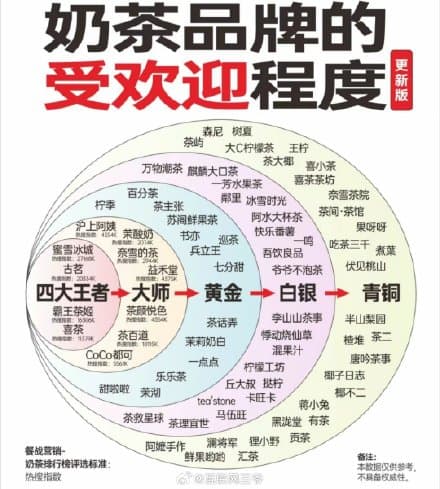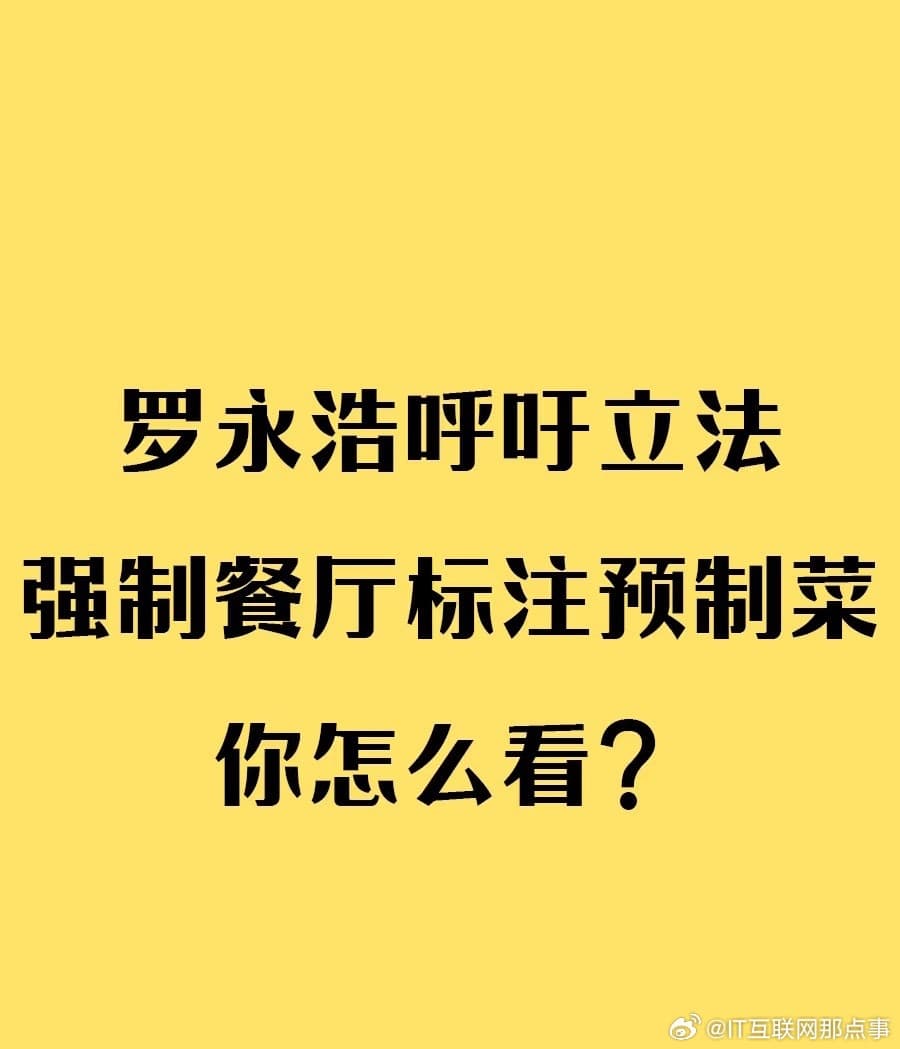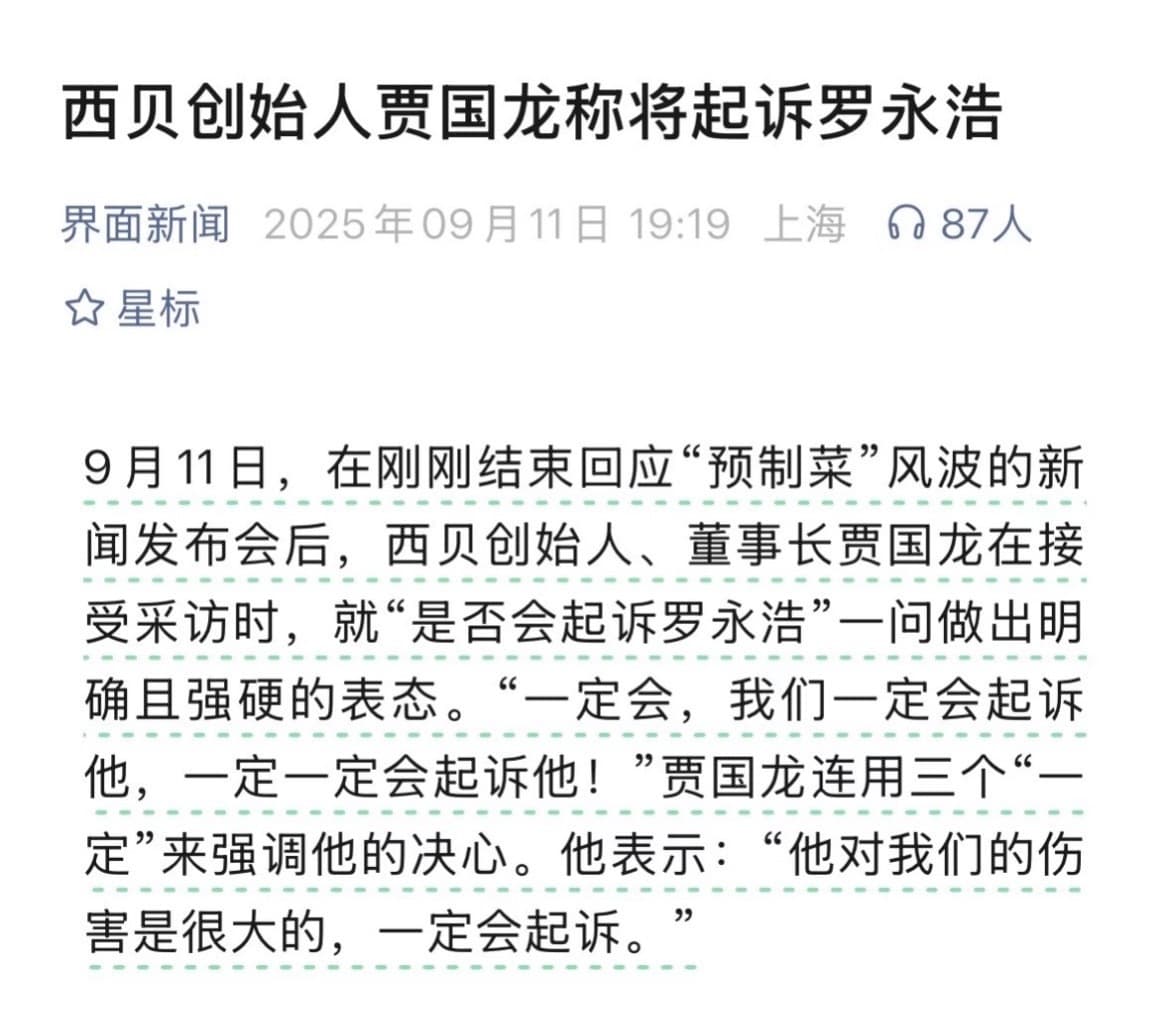The Rise and Fall of 1 Point Dot: A Tale of China's Bubble Tea Industry
In the blink of an eye, the once-ubiquitous Taiwanese bubble tea brand, 1 Point Dot, has seemingly vanished from the Chinese market. Despite being hailed as the "progenitor of the bubble tea industry," the company has faced a swift decline in popularity, leading many to question its sudden disappearance from social media platforms and storefronts.

23 February 2024
The Journey of 1 Point Dot in China
2015-2016 marked the peak of the bubble tea craze in China, with 1 Point Dot leading the charge as the country's most popular bubble tea brand. The company managed to capture the hearts of countless young Chinese consumers by offering a range of unique flavors, free toppings, and a hidden menu that added a touch of exclusivity to the experience.
Thanks to these marketing strategies, 1 Point Dot quickly became a social media darling, dominating online conversations and spawning a wave of imitators eager to capitalize on the burgeoning trend. At the height of its fame, the brand enjoyed a near-cult status among its legions of fans, with lines snaking out of its stores and even spawning an entire cottage industry dedicated to reselling its products.
The Rise of 'Be My Valentine'
In 2019, 1 Point Dot struck gold again with the introduction of their "Be My Valentine" campaign, which allowed users to customize their own bubble tea beverages through a mini-game on WeChat. The campaign was an immediate success, drawing in millions of users who found joy in designing their own concoctions and sharing them with their friends.
The game also created a viral sensation around 1 Point Dot's secret menu, with users competing against each other to unlock the most elusive items. This built anticipation and excitement around the brand, driving sales and solidifying its status as an iconic part of Chinese pop culture.
The Descent: The Role of Online Influencers
However, the company's fortunes began to change in 2020 when the COVID-19 pandemic hit, disrupting supply chains and forcing many businesses to close their doors temporarily. As the country went into lockdown, memories of long lines and crowded stores quickly faded, replaced by a heightened awareness of health and hygiene.
At the same time, the pandemic had a profound impact on the way consumers interacted with brands, with buzz-generating campaigns and exclusive products no longer guaranteed to drive sales. This shift in consumer behavior was further exacerbated by the rise of online influencers, who began to take a more critical view of the bubble tea industry, skewering its excessive use of sugar and artificial flavorings and pushing for healthier alternatives.
The Final Nail: The Cancellation of 1 Point Dot on Social Media
Despite these challenges, 1 Point Dot seemed poised to weather the storm until a fateful review from a popular Chinese food vlogger sent shockwaves through the industry. In a scathing critique, the influencer called out 1 Point Dot for its poor-quality products and allegations of food safety violations, accusing the brand of betraying its customers' trust.
The backlash was swift and severe, with Weibo users flooding the site with negative comments about the brand and calling for a boycott. In an effort to stem the tide of criticism, 1 Point Dot issued an apology, but the damage had already been done, and the brand quickly faded from view.
Conclusion
While 1 Point Dot's meteoric rise and fall may seem like the stuff of a Cinderella story, the company's decline is emblematic of a broader shift in the Chinese market. As consumers become more health-conscious and discerning about their food choices, brands that fail to adapt risk being left behind. For 1 Point Dot, the writing was on the wall, and no amount of social media wizardry could save it from its inevitable fate.


